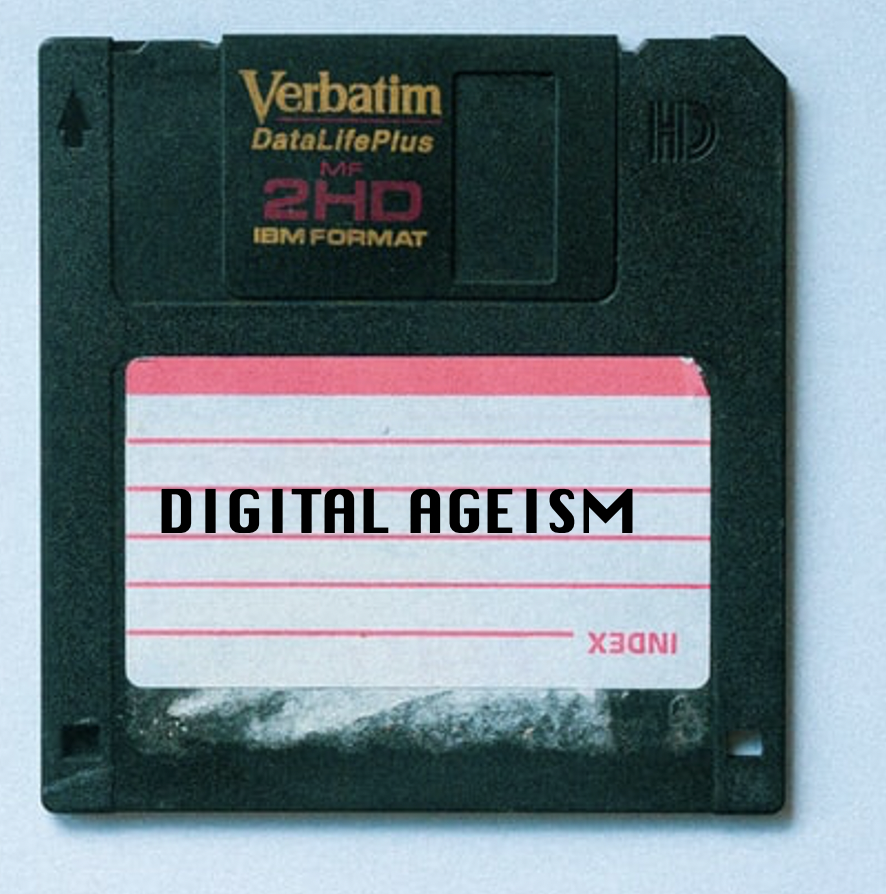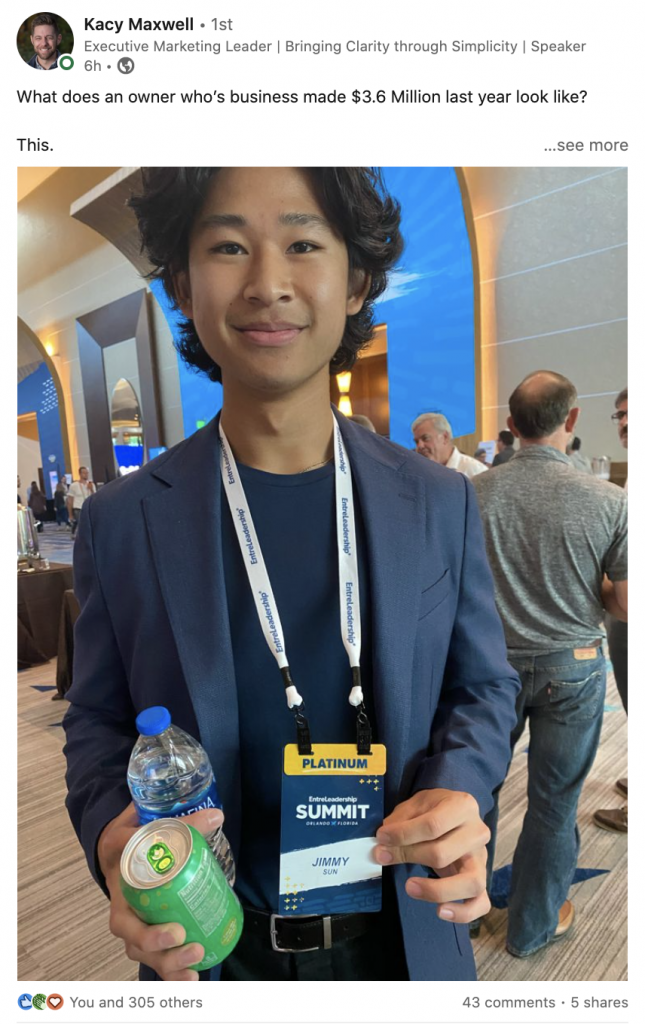
When I attend a marketing conference, I am normally the oldest person in the room. Certainly, I am the oldest keynote speaker on the agenda … usually by 10 years.
It doesn’t bother me.
Mentally, I operate at a youthful level. I have a lot of energy, embrace change, and I’m at the top of my game, professionally. I never think about age stereotypes except when people use loaded adjectives to describe me like “seasoned” or “our senior citizen.” Grrrrr.
So as a person working in a youth-oriented profession, I’m aware of the subtle cultural torpedos of ageism.
That’s why I was surprised last week when I was accused of … ageism.
Digital Ageism or not?
Over the last few weeks, I’ve written in-depth articles about demographic factors driving the adoption of the metaverse and Web3 technologies.
I made a statement that these unstoppable developments were largely being driven by teens. This is not an opinion. It is a fact validated by many studies, including the research from GWI I referenced in the article. Teens are the early tech adopters and are spending an increasing amount of their lives in these virtual spaces.
I had a reader take me to task for my posts. She suggested technological evolution is not just about kids. She pointed out that seniors are evolving and can adopt these technologies too. Ironically, it was suggested that I was demonstrating ageism.
The fact that I am in an age category closer to retirement than college graduation does not preclude me from slipping up and unintentionally offending somebody. But in this case, I don’t think I said anything out of line. I was repeating well-researched facts from a reliable source, not demeaning any person or people group.
But perhaps there is something deeper going on here, which gives me a chance to discuss something I’ve never addressed before on this blog.
A time to be humble
For the entirety of human history, we have generally passed on wisdom from an older generation to the younger generation. Older people have taught the life skills, crafts, and wisdom that help the next generation survive and thrive.
This traditional mentorship role (“listen to your elders”) is understandably a source of generational pride. I love being a mentor.
But in some ways, the role is being flipped. Our digital future cannot be informed by the traditions of past.
Youthful digital natives are driving much of the change in the business world through bold and creative technology adoption. They are teaching us new ways to connect, collaborate, and create.

Jimmy is 18.
I actually love the fact that GenZ is so bold and creative. It’s exciting. I’m in awe of GenZ.
Flipping digital ageism
Embracing youth-driven change requires an openness to the new wisdom of youth and a willingness to abdicate a part of our traditional mentoring role. It’s an unprecedented time for those of us with graying hair to patiently learn from somebody who might be too young to drive a car.
In the corporate world, there is a recognition of this role flip in the growing use of reverse mentoring programs.
Reverse mentoring pairs younger employees with executive team members to mentor them on various topics of technological, strategic, and cultural relevance. Key word being … relevance.
A study reported in HBR showed four advantages of reverse mentoring programs:
- Retention of younger employees
- Sharing of digital skills
- Driving culture change
- Promoting diversity
Obviously, I’m not saying older people can’t lead change or that they can’t adapt to change. I enjoyed reading an article recently about influential tech disruptors and noting that all of them had college degrees and gray hair!
But my generation — I am at the tail-end of the Boomers — is in an uncomfortable place. For the first time in history, we may be taking our cue — at least on culture, strategy, and technology — from somebody decades younger than us. We can be mentored by teens. We SHOULD be mentored by teens.
I am, for sure.
The true and successful leaders will embrace this role with enthusiasm and grace. It’s not about digital ageism, it’s about accepting wisdom wherever it exists.
 Mark Schaefer is the executive director of Schaefer Marketing Solutions. He is the author of some of the world’s bestselling digital marketing books and is an acclaimed keynote speaker, college educator, and business consultant. The Marketing Companion podcast is among the top business podcasts in the world. Contact Mark to have him speak to your company event or conference soon.
Mark Schaefer is the executive director of Schaefer Marketing Solutions. He is the author of some of the world’s bestselling digital marketing books and is an acclaimed keynote speaker, college educator, and business consultant. The Marketing Companion podcast is among the top business podcasts in the world. Contact Mark to have him speak to your company event or conference soon.
Follow Mark on Twitter, LinkedIn, YouTube, and Instagram. Discover his $RISE creator community.


